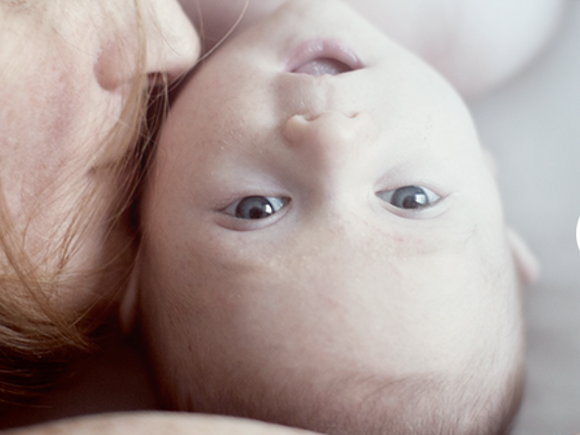Top breastfeeding tips for successful breastfeeding and avoiding potential problems
-
Get a good latch! The most common breastfeeding problems are often caused by poor attachment. If your baby has a tongue tie, this could be affecting their ability to attach properly. A lactation consultant or midwife may be able to examine your baby’s mouth to see if this is the problem, or otherwise help you with breastfeeding latch tips.
-
Begin breastfeeding as soon as possible after birth. Babies are very alert after birthing and eager to suckle. When you arrive at the hospital, let the nurses know that you plan to breastfeed so they can assist you after the birth with how to breastfeed a newborn and any breastfeeding newborn tips. Besides helping both of you adjust to breastfeeding, frequent and early breastfeeding also helps increase your milk supply.
-
Offer your baby your breast whenever they show signs of hunger, this may be every 1 to 3 hours to start with. Have your baby with you as much as possible following the birth, that way you’ll see and hear their signs of hunger and can attend to them quickly. Signs of hunger to look out for may include increased alertness or activity; turning their head searching for your breast; sucking their fist, sticking out their tongue or opening and closing their mouth.
-
Try to relax during breastfeeds and avoid too many distractions. It’s a great time to watch your baby, touch and stroke their skin – not only is this calming but is a great bonding activity with your little one.
-
Avoid using additional water feeds or formula as this may interfere with your milk supply. If you feel baby needs extra fluid, then you can always try breastfeeding your baby more often.
-
Delay using a dummy until after breastfeeding and milk supply is well established. Your milk supply increases the more your baby suckles, so make sure all the sucking is done at your breast not on a dummy to start with.
-
Ask the nurses to help you with breastfeeding at any time during your hospital stay. Ideally you will also have a community nurse visit you at home in the first week after you are discharged from hospital. The nurse can assist you with breastfeeding techniques, assess whether you’re breastfeeding correctly, and help with any breastfeeding problems or other concerns with your new baby.
-
All infants should be seen by a health care provider within the first month, usually at around 2 weeks. And at any other time you are concerned about you or your baby’s health or breastfeeding techniques, or you’re after breastfeeding latch tips or breastfeeding position tips.
-
Ask for help and support. Women who are supported and encouraged to breastfeed will usually be more successful than those who don’t ask for help or have little support from relatives and friends. Whether you’re wondering about how to combine breastfeeding and pumping; When to stop breastfeeding or even breastfeeding in public tips, having a good support network will help get you through all the tricky navigations of having a newborn.
-
Seek help and advice when you plan to go back to work. Returning to work may require a slight change to your routine but doesn’t mean you need to stop breastfeeding altogether. Good planning and support from your friends, family and workplace are important ingredients for continued successful breastfeeding.
In your baby’s first four to six months, before solids are introduced, water, juice, and other foods are not necessary or recommended. Remember breastmilk is nature’s perfect food and will provide your baby with all the nutrition they need. Even as you introduce solid foods, breastmilk will still be your baby’s primary source of nutrition.



